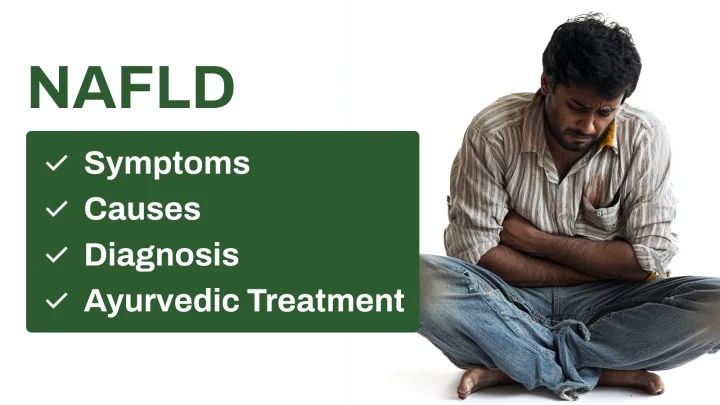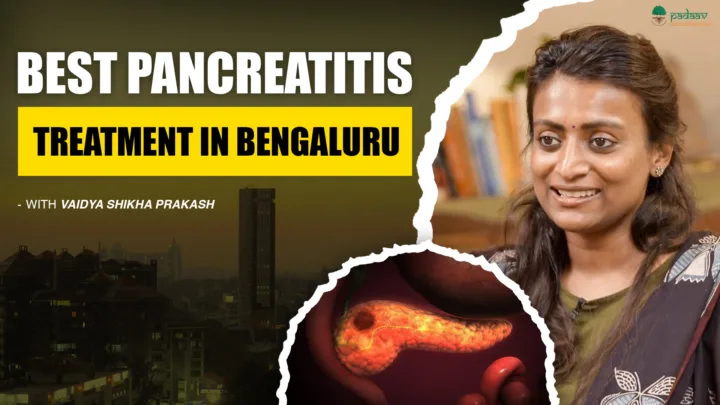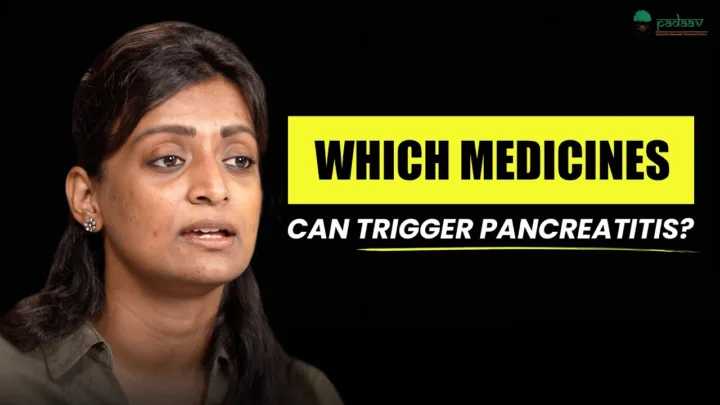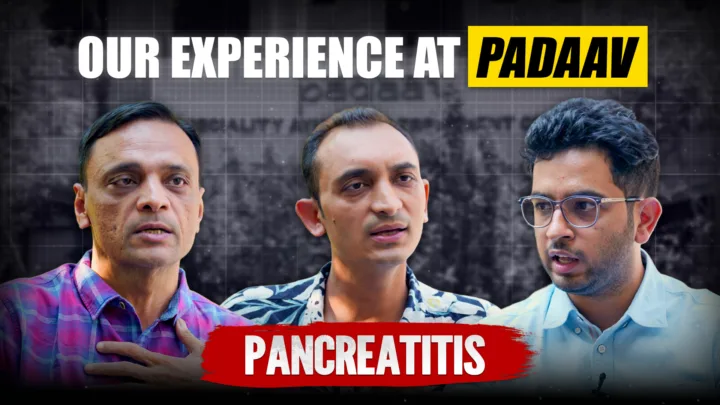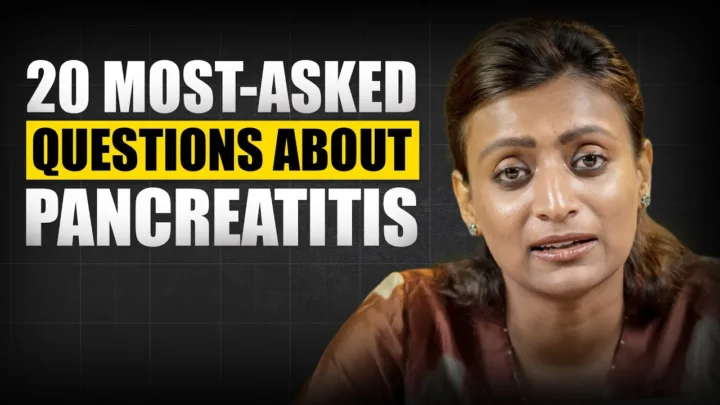Pancreatitis is an inflammatory condition of the pancreas that can be life-altering. While the physical pain is often the most talked-about symptom, the journey with this disease goes far beyond the abdomen. The emotional, social, and psychological impact on both the patient and their family is immense, and understanding this is key to successful management.
The Role of the Caregiver: More Than Just a Companion
In Ayurveda, the healing process is seen as a collaboration between four pillars: the doctor, the patient, the medicine, and the Paricharaka (caregiver). Modern science is now catching up to this ancient wisdom. In a study on bone marrow transplants for blood cancer patients in America, it was found that those with a dedicated caregiver had a 72% higher success rate than those without one.
This highlights that a caregiver is not just a companion in a hospital room. They are a crucial link between the patient and the physician, an interpreter of instructions, and an empathetic observer who can convey a patient’s true state both physical and emotional to the doctor. Their role is to fully understand the treatment, the patient’s condition, and the physician’s instructions to ensure the plan is followed meticulously.
At Padaav, it’s a core belief that the caregiver is paramount to the treatment’s success. The first step is to “tune the caregiver,” ensuring they are fully aligned with the treatment philosophy and approach, which is focused on Aahar (diet), Vihaar (lifestyle), and Aushadhi (medicine). When the caregiver is in tune, the patient’s chances of recovery improve significantly.
Navigating Life After Diagnosis
A pancreatitis diagnosis, especially in young people, can feel like a profound shock. Patients often question, “Why me?” This emotional distress is a significant part of the journey. The disease can feel like a devastating setback, but it can also be viewed as a redirection, a moment for course correction. This perspective, that “life starts after a heart attack,” can be a powerful motivator.
For patients whose professions involve constant travel and high stress, like in sales, the physical and mental strain can worsen the condition. Traveling often means a lack of control over diet, sleep, and stress levels, all of which are detrimental to a pancreas already under duress. In such cases, the disease might be a signal to consider a different path—one with less physical and mental stress. A job that allows for more control, like trading or becoming a business owner, might be a better fit, as it allows for a more structured and manageable lifestyle.
The Impact on Loved Ones and Mental Health
The emotional toll of pancreatitis extends to the family. A 20-year-old engineering student’s mother shared how the trauma of his hospitalizations had a lasting impact on his behavior. He would become withdrawn and isolated when the topic of his illness came up. This is a common response. The fear, uncertainty, and feelings of being different can lead to anxiety and social withdrawal.
In such cases, managing the mental and emotional health of the patient is as important as the physical treatment. Counseling from a psychologist can be an invaluable tool to help patients process their feelings, accept their condition, and move forward with a positive outlook. It’s important to create an environment where the illness isn’t seen as a fault or a source of shame. A strong support system, both at home and at the treatment center, is vital.
Addressing Specific Concerns
Pancreatitis management requires a deep understanding of its nuances:
- Irreversible Damage: Patients often ask if a damaged pancreas can be fully restored. Unfortunately, in cases of atrophy or necrosis, the destroyed tissue cannot be recovered. However, the progression of the disease can be stopped, and the remaining healthy tissue can be supported to function properly.
- Travel and Career: High-stress, travel-heavy jobs are generally not recommended. The physical strain, coupled with the mental pressure of targets and the difficulty of finding healthy, unadulterated food, can be highly detrimental. A shift to a low-stress, desk-based, or trading-based profession is often a wise choice.
- Childhood Pancreatitis: Even young children can suffer from recurrent acute pancreatitis, often due to genetic factors. While their vibrant energy and constant play can be challenging to manage, a structured treatment plan, including diet and lifestyle modifications, can lead to a long-term resolution.
- Subsequent Conditions: Pancreatitis can increase the likelihood of developing other conditions, such as diabetes, due to the damaged pancreas’s inability to produce insulin effectively. While the uncontrolled blood sugar from the pancreatitis itself can be managed with treatment, ongoing monitoring is essential to address any future possibilities.
- Managing Behavior: A patient’s behavior such as becoming withdrawn or stressed is a normal reaction to the trauma of a serious illness. Acknowledging their feelings, providing a supportive environment, and seeking professional psychological help can make a profound difference.
The Padaav Philosophy
The journey with pancreatitis is not about a quick fix. It’s about making a strong foundation for future health. This is why a complete treatment plan, with dedicated mental and physical rest for several months, is crucial. It’s about building new habits, a new lifestyle, and a new perspective.
At Padaav, the aim is to stop the disease’s progression and restore life. By focusing on a combination of diet, lifestyle, and personalized medicine, and by empowering the caregiver, we work to ensure that patients not only survive but thrive, regaining control and living a life free from constant pain and worry.

